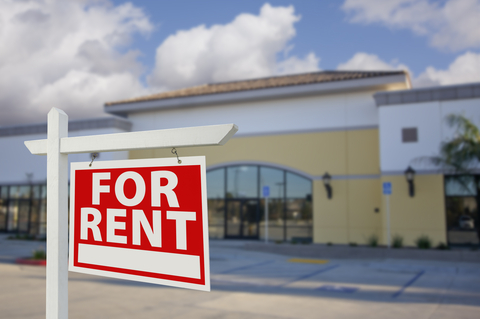
| NYC Business Group
The Difference Between Vacant & Unoccupied Insurance Property
There are numerous reasons you would leave your house empty for some time. Also, there are a few terms you would use to define an empty house.
Vacant and unoccupied are commonly used to describe empty houses and even sometimes interchanged.
However, when it comes to property insurance, the two mean different things. Their definition should be clear because it determines your insurance rates.
What is a vacant home?
A vacant home is a home that does not have personal property to allow someone to live in the house. For example, if you have bought and moved into a new home and your old/former home is empty as you wait to sell, your former home can be considered vacant.
What is an unoccupied house?
An unoccupied house is a home that’s furnished, although the owner is not staying there at the time. Although the home is unoccupied, it contains personal property such as a bed, chairs, and tables. For a home to be rendered unoccupied, sufficient items such as cooking utensils and functioning appliances like refrigerator, microwave, toaster, oven, and basic furniture must be left in the house. Standard coverage remains intact for the primary residence or vacation home if the owner is away for extended periods.
Most insurance policies have vacancy exclusions. This means that the homeowner cannot be covered for theft, water damage, broken windows, and vandalism. However, coverage for risks such as wind and fire remains intact. It is common for vacant homes to have a higher risk of these exclusions. It is crucial to determine whether your home is vacant or unoccupied. Remember, since vacant homes are harder and costly to insure, they require a separate insurance policy.
For commercial properties, a building is deemed vacant unless at least 31% of its total sq. footage is occupied and the operations conducted are in accordance with the building’s use. For a standard commercial property policy, the coverages for theft, sprinkler leakage, water damage, vandalism, or attempted theft are removed if the building has been vacant for more than two months (60 days). Also, the risks that cause covered losses to a vacant property are reduced by 15 percent. Therefore, if the damage of $10,000 occurs in a commercial property, the policy may only pay $8,500.
Insuring a vacant or unoccupied home.
When insuring an unoccupied or vacant home, it is essential to research well and seek help from experts to avoid making mistakes. Our office, can help guide you in purchasing this type of insurance, by clicking here!
Remember, your claim may not be paid or your insurance policy renewed because of your inaction. To avoid such frustrations, always talk to your insurance agent if you anticipate an extended period when your home will be vacant or unoccupied. If your home is unoccupied/vacant for 30 to 60 days, most insurance companies require policyholders to inform them requesting an endorsement or special permit.
Although you might be charged for endorsement or special permits, it is essential to note that unoccupied homes are less costly to insure than vacant homes. However, if you divide your time between your primary and vacation home, you can arrange with your insurance company to have a package that covers both properties.
Insurance coverage for a vacant home is quite expensive, and it requires an endorsement or a separate policy. Most insurance companies do not cover vacant homes. However, if you find an insurer, the cost of coverage ranges between one and a half the standard cost of insuring a home. It is advisable not to try making your vacant home look unoccupied. While you can save some money, your claim might be denied or risk a non-renewed policy in the long run. Contact us, as our expierienced agents, can help find you a low cost quote, and explain the differences in detail.
New construction vs. renovation.
The property is rendered vacant in new construction. If a property is being renovated and some personal property and furniture in the house, it is considered unoccupied. However, the property is deemed to be vacant if the owners have moved out and stored their personal property elsewhere, for example, in a storage unit.
Vacancy permit endorsement.
If the property is vacant for more than 30 – 60 days limitation, the owner can request a vacancy permit endorsement if the insurance company offers one. Common examples when you can request a vacancy permit endorsement include:
- If you have bought and moved into a new home and the old house is vacant and for sale
- If a business owner has relocated and the previous business property is vacant and for sale.
If you have a vacancy permit endorsement, there will be suspended exclusions for theft, water damage, and vandalism, among others. As a rule of thumb, your claim may be denied if you fail to safeguard your property. Therefore, take necessary measures to minimize risks. For instance, ensure windows and doors are locked at all times and all sources of water, gas, and electricity are shut off.
Let us help you find the right coverage for your situation, by clicking here!
